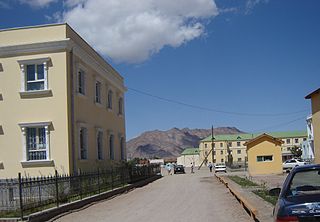
Theresa May will be the next prime minister of the UK. She was announced the winner of the Conservative leadership contest on Monday afternoon.
“I am honored and humbled to have been chosen by the Conservative Party to become its leader,” said May, the UK’s home secretary, in London.
“During this campaign, my case has been based on three things. First, the need for strong, proven leadership to steer us through what will be difficult and uncertain economic and political times; the need to negotiate the best deal for Britain in leaving the EU; and to forge a new role for ourselves in the world,” she said.
Theresa May won the Conservative leadership contest after Andrea Leadsom – May’s only rival in the race –pulled out unexpectedly on Monday morning, citing vast support for May among Conservative MPs. Many people had criticized Ms. Leadsom for suggesting she was more qualified for the PM post because she had children. Ms. Leadsom got just 25% of votes from Conservative lawmakers in a ballot on Thursday compared with Ms. May’s 60%.
Cameron will resign from his post on Wednesday, and May will take over the job the same day.
Cameron is expected to chair his last cabinet meeting on Tuesday, and take questions in parliament for around 30 minutes on Wednesday.
“After that I expect to go to [Buckingham Palace] and offer my resignation,” Cameron told reporters.
“So we will have a new prime minister in that building behind me by Wednesday evening.”
According to experts, May’s tenure as the Prime Minister of Britain is not going to be so easy. She will become British PM at a time when people of the country have opted for Britain’s exit from European Union in the Brexit referendum.
Many experts have described the situation as UK’s “worst political crisis since May 1940” and believe May’s policies will shape the course of British and European history in near future.
May is considered to be a fairly moderate conservative (except on immigration).
She was elected to British Parliament in 1997, and since then, she has taken fairly liberal stances on different social issues. In a speech in 2002, she urged her fellow Conservatives to stop being the “nasty party” in UK politics. In 2008, she led a fight to close the UK’s gender wage gap. During Brexit vote, she had supported Britain staying in the EU, but said she would honor the vote.
“Brexit means Brexit and we are going to make a success of it,” she said on Monday.
May is expected to start formal talks to leave the EU by the end of the year at the earliest.
May will be the second female prime minister of Britain after Margaret Thatcher, who was in office from 1979 to 1990.

